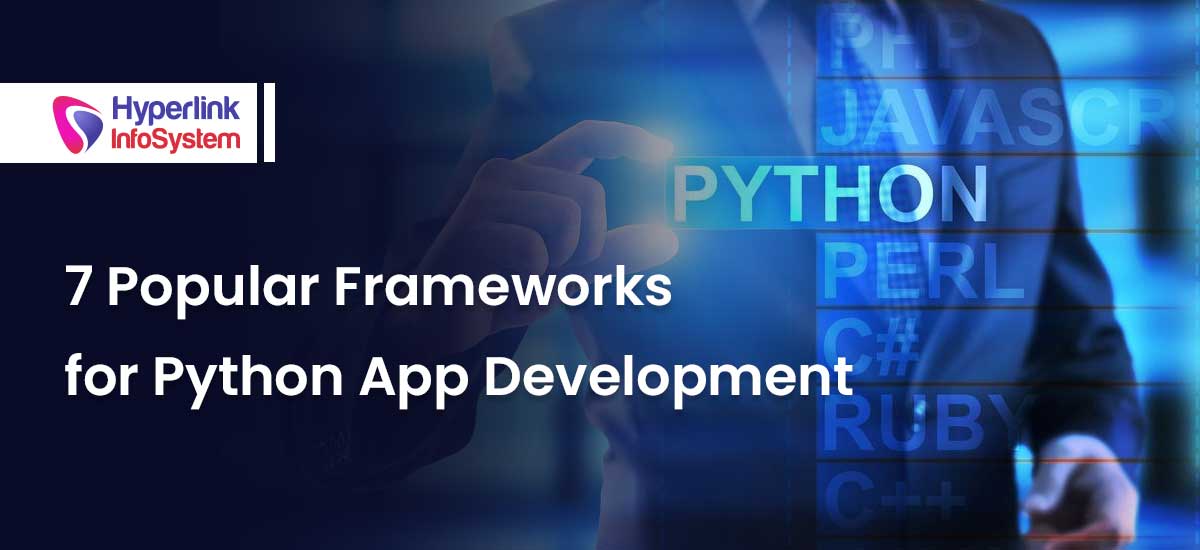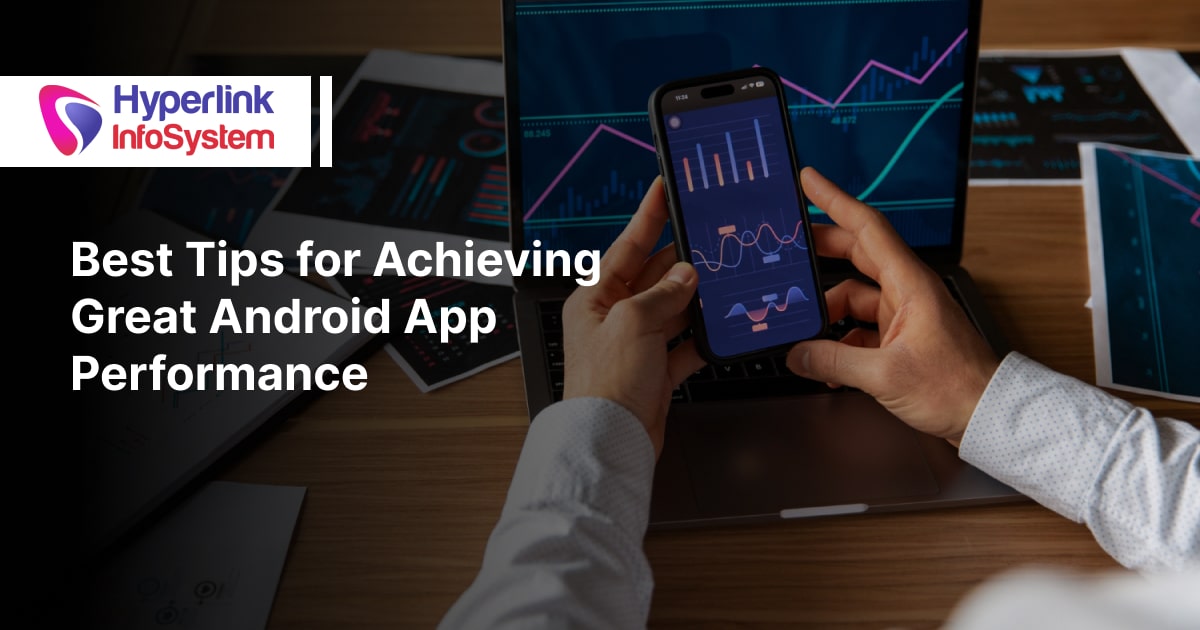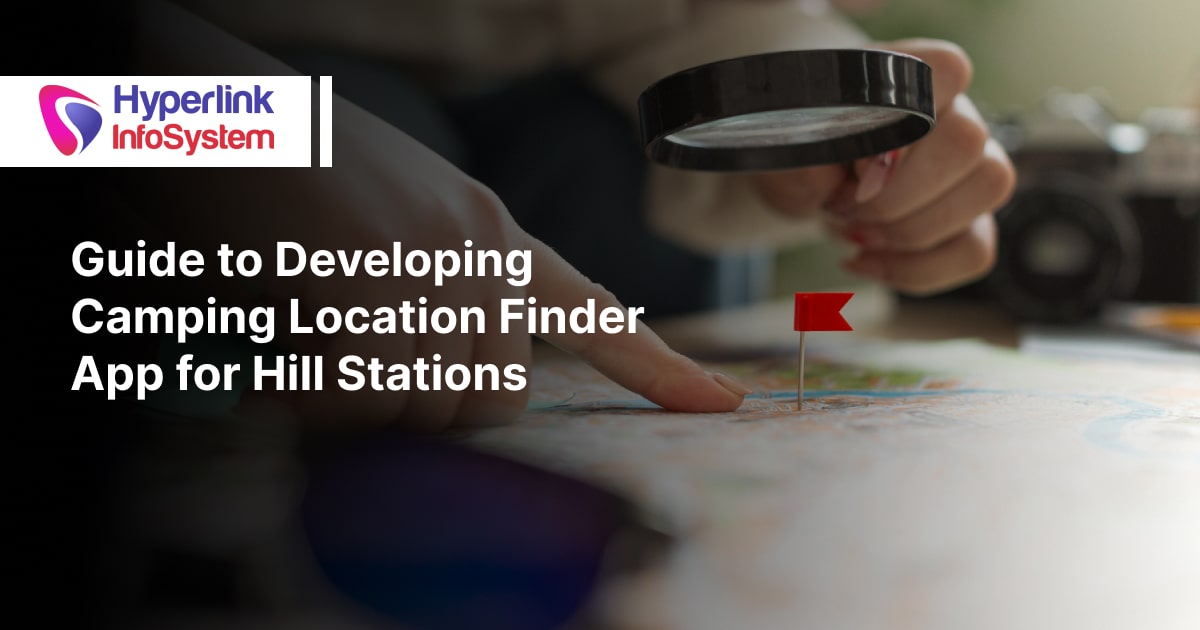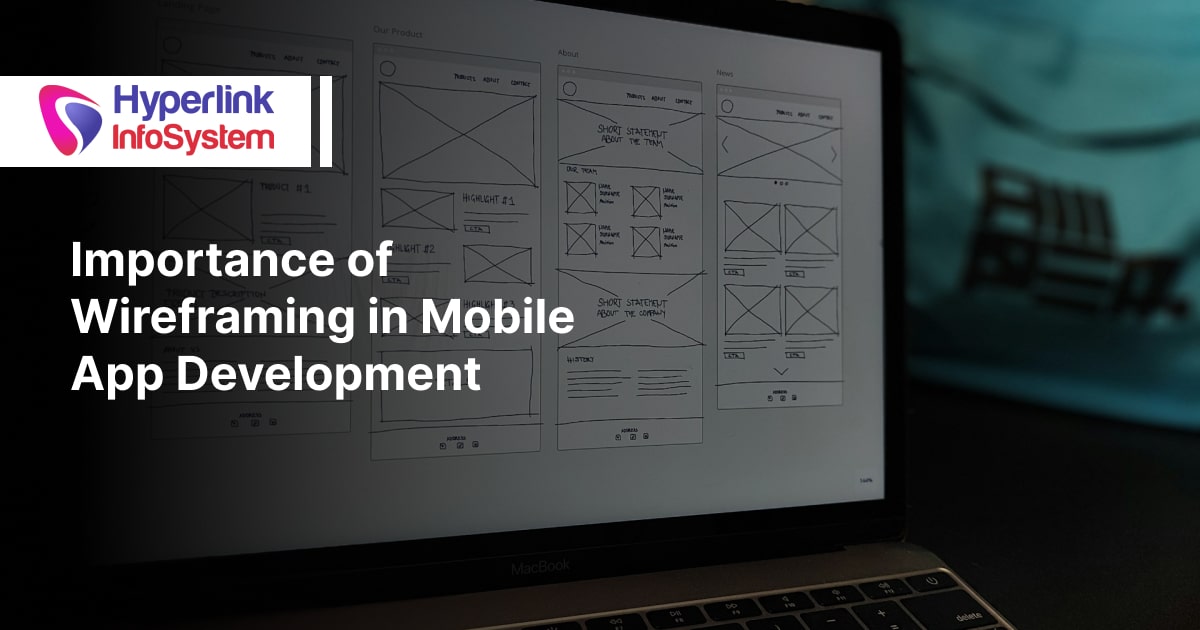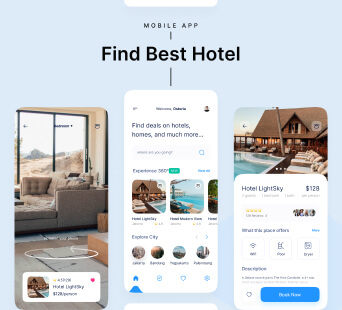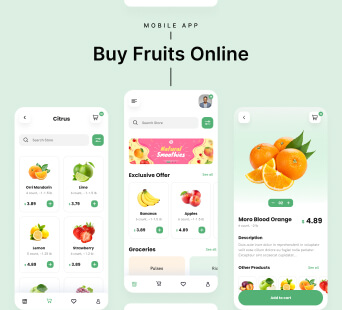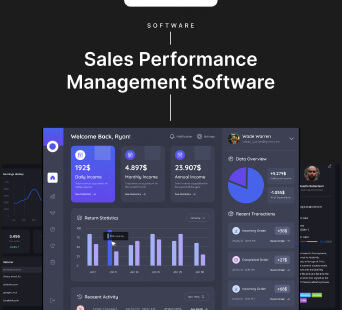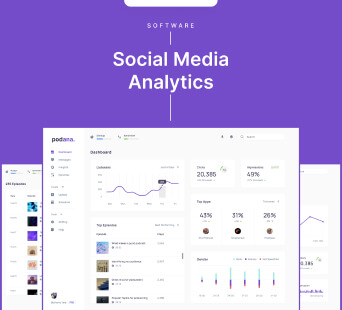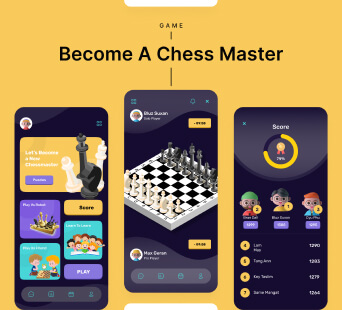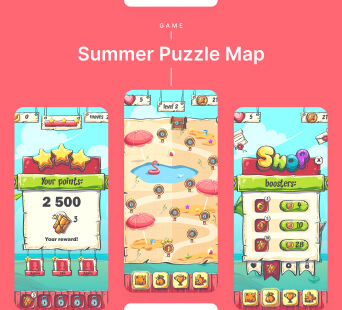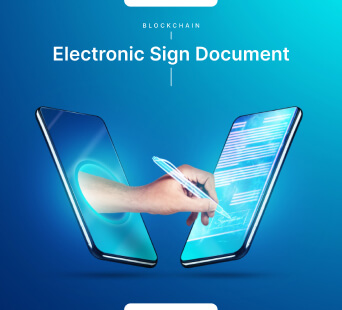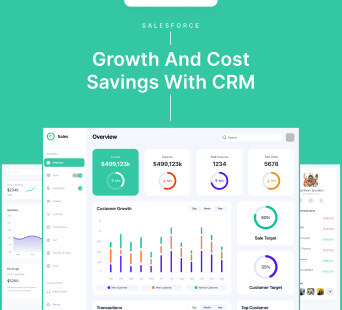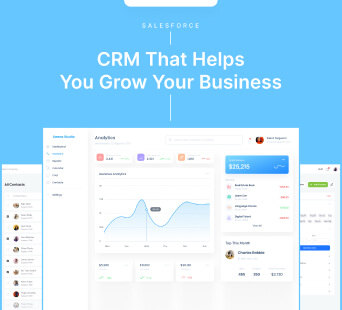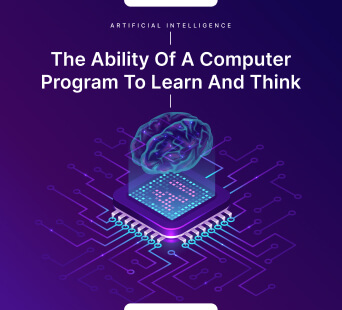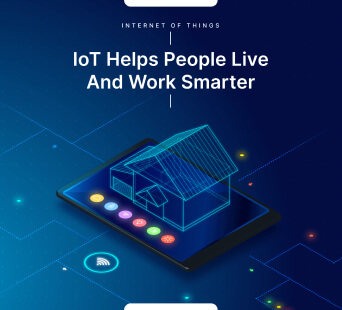Python app development language has been more popular among people for a few years now. Various experienced, as well as newbie app developers, are turning to Python development ditching all the other app development languages they used to use to date.
According to the reports, being one of the most adaptable, easy-to-use developing languages, Python has been the developers' first choice. Along with being an easy to learn language, Python development provides readable and maintainable code and multiple programming paradigms. It is compatible with major platforms and systems providing robust standard libraries and many open Source Frameworks and tools.
Even though Python is compatible with almost every framework, there are some frameworks that work just the best with Python. Therefore, it helps app development companies to develop amazing solutions for game development, machine-learning development, cross-platform app development, and various others as per the client's requirements.
Popular Frameworks For Python App Development
1) AIOHTTP
AIOHTTP is one of the python frameworks that supports both client WebSockets and server WebSockets without the callback Hell. Along with being both a server and client web framework, AIOHTTP relies majorly on the Python 3.5+ features like async & await. AIOHTTP provides middlewares support handling a request object and router to allow the redirection of queries to functions developed to handle the same. AIOHTTP allows effectively building the views by providing pluggable routing.
2) Bottle
Being one of the best Python web frameworks, Bottle is a microframework that develops a single source file for every application developed using it. It provides adapter support for 3rd party template engines and WSGI/HTTP servers, allowing python developers to work closely with the hardware. The main goal of Bottle was to provide end-to-end support to build the APIs, and it now provides Plugin support for different databases as well. The Bottle is one of the most preferred frameworks to develop small web applications. The Bottle provides plugin support for different databases and the request-dispatching routes having URL-parameter support. The Bottle is one of the most amazing Python frameworks to develop simplistic personal-use apps.
3) CherryPy
Launched in June 2002, CherryPy is one of the most popular object-oriented frameworks. CherryPy is famous for its minimalistic approach. Even being one of the oldest frameworks, CherryPy provides various out-of-the-box tools for sessions, encoding, decoding, caching, static content, and many more. This micro-framework leaves it to python developers to use their preferred technology for data access, templating, etc. It can provide full support for the testing, coverage, and profile. It has a powerful configuration system that can provide an embedded multi-threaded web server. CherryPy provides full support to develop and deploy the mobile app built with Python anywhere. CherryPy also offers simplicity for running multiple HTTP servers simultaneously without needing an Apache server.
4) CubicWeb
Logilab developed an open-source, semantic, free-to-use Python-based framework named CubicWeb. Just as the name says, CubicWeb makes use of Cubes rather than using the same views and models just like other Python frameworks. The only thing that the Python developers should take care of while using the CubicWeb needs to have the same definition to develop a functional application just as the data model. This full-stack framework provides reusable components, simplifies data-related queries with RQL (Relational Query Language) embedding, and provides full support for multiple databases, OWL, and RDF support as well.
5) Dash
Dash is an open-source microframework that helps to build analytical web applications. Along with the Python developers, it is really helpful for the data scientists who are not much familiar with the mobile app development process. Top apps built by python-based framework Dash are web servers that handle Flask and convey JSON packets via HTTP requests. Web applications built with the Dash demand less boilerplate code for getting started rendering components using ReactJS. Dash allows end-to-end customization for web app development. Python developers can utilize Flask plugins to extend Dash development capacities. One of the reasons Dash is one of the top choices is that it provides an astonishing interface for concatenating UI controls, graphs, dropdowns, sliders, and plugin support. Hire Python developers who can handle various functions such as error handling, LDAP integration, and URL routing at the Dash deployment server. Dash mobile apps can be rendered on web servers as well as on servers as they are cross-platform and mobile-ready.
6) Django
Django is ranked as one of the top 10 web development frameworks of 2022. It offers various built-in features rather than providing individual libraries like other open-open source python-based frameworks. Django uses ORM (Object-relational mapper) to map objects to database tables, providing support for SQLite, PostgreSQL, Oracle Database, and My SQL and supporting other databases via third-party drivers. This allows Python developers to code across various databases and also allows them to migrate from one database to another effortlessly. This Python framework leverages the DRY (Don't Repeat Yourself) approach, providing various ready-to-use libraries. Django provides support for web server authentication.
7) Falcon
Another microframework Python-based framework, Falcon, is widely famous for quick web API development. Its extensible, highly optimized codebase allows developers 100% code coverage allowing developers to build the web apps like LinkedIn, OpenStack, and RackSpace. Falcon allows developers to develop a cleaner design that allows HTTP and REST architectures and Idiomatic HTTP error responses. Falcon is also famous for its ease of access for headers and bodies via request and response classes, and it also provides an extra speed boost with Cython support. Its REST-inspired resource classes and URI templates offer intuitive routing and upfront exception handling.
Conclusion
Top apps built with Python have always been wonderful. Utilizing these Python frameworks can make those mobile applications extraordinary. Apart from these top frameworks, there are various other Python-based frameworks that can help you make your web app requirements amazing. Reach out to the Python app developers to know which framework can be the best fit for your next project requirements.
Also Read:
Angular Vs React: Which Framework Is Better For Web App Development
Top 8 Cross-Platform App Development Frameworks And Tools
React Native Frameworks Are The Best Fit For What Types Of Mobile Apps?
The Features & Perks Of Node.js Framework For Developing Your App
